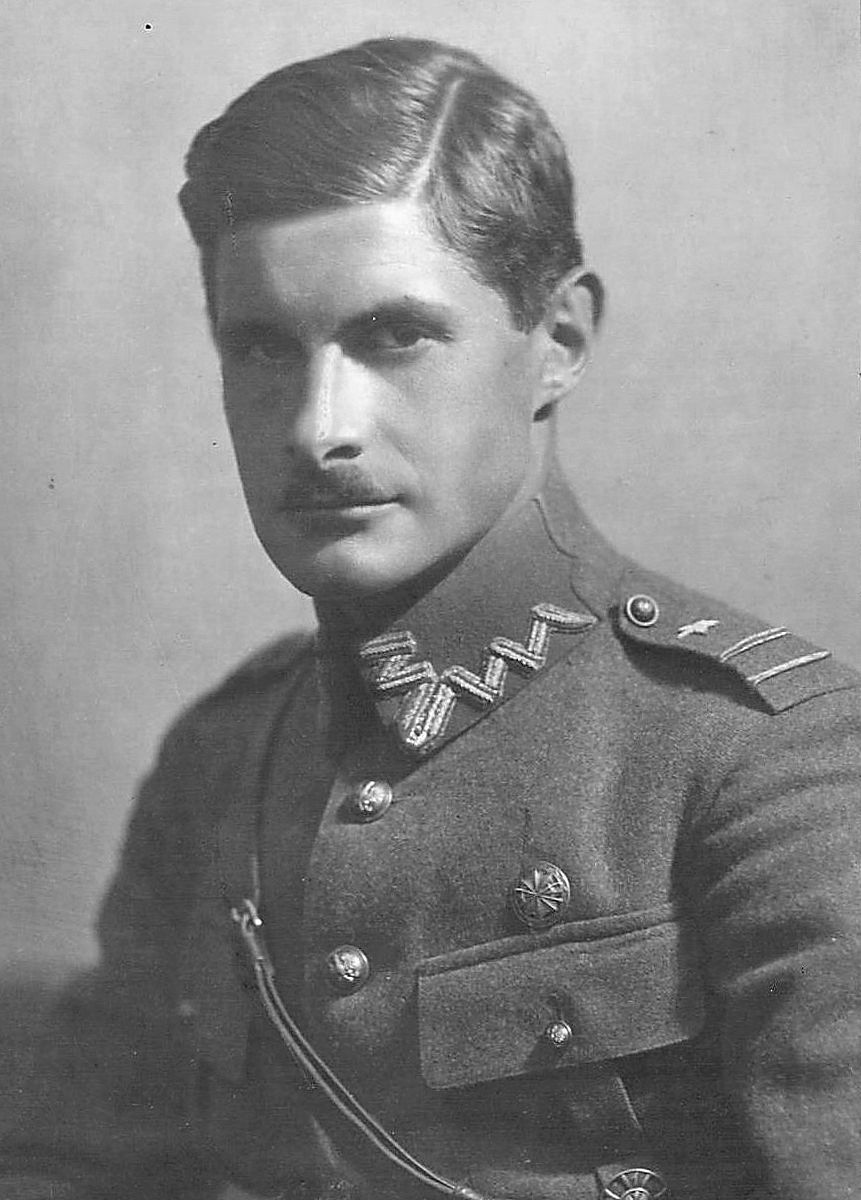In 1924, the State Powder and Aggregate Factory started the production in Zagożdżon near Radom. The factory was one of the largest defense industry plants in interwar Poland. It was part of a state-owned industrial consortium, called the Central Board of Military Manufacturing. A great contribution to the development of the factory was made by Jan Berlinerblau aka Jan Prot.
The development of its own arms industry was an obvious need in the Polish state, which had regained independence a few years earlier, and the need to nationalize this branch of production stemmed from the fact that private producers did not have enough capital to develop their plants. Locating the factory in the center of Poland resulted from both strategic concepts and the desire to stimulate the economic development of the region.
The factory produced gunpowder and explosives, gun cotton, and nitroglycerin. Although some products turned out to misfire, both literally and figuratively, the factory grew and gained an international reputation. Probably, for this reason, the name Zagożdżon disappeared in 1932 and was replaced by Pionki. Zagożdżon is now part of the town of Pionki.
Building a factory from scratch, especially in the absence of specialists, was a very difficult task. Throughout the interwar period, the factory was managed by Jan Prot. He was born in 1891 in Warsaw to a Jewish family as the son of Nikodem Berlinerblau. He became involved in Polish patriotic activity already in junior secondary school. He was active in the Polish Socialist Party, and then fought in the Polish Legions. In 1921, he changed his name to Prot (that was his underground pseudonym). In 1925, he was transferred to the reserves. He developed his academic career in parallel with his military achievements. Prot graduated in chemistry, worked as an assistant to Ignacy Mościcki, and in 1924 obtained a doctoral degree.
After the outbreak of World War II, he was wanted by the Gestapo. Initially, he hid in Warsaw, and then made his way to the West, first, to France, and then to England where his qualifications were used. The British appointed him a manager in an ammunition factory in Grantham (now in Lincolnshire). After the war, Prot remained in exile, worked as an academic teacher, and was also an active Polish community activist. He died in 1957 in London.





